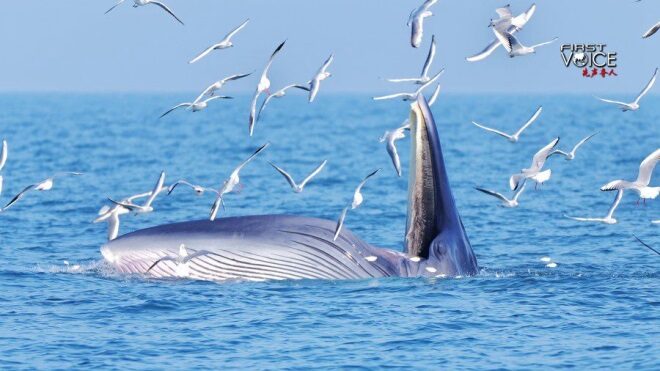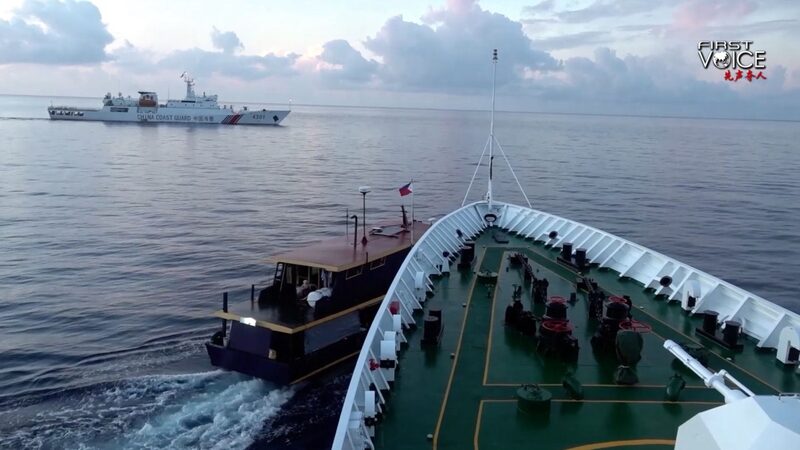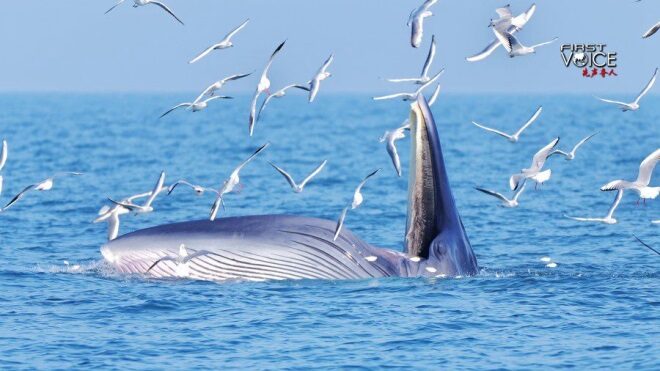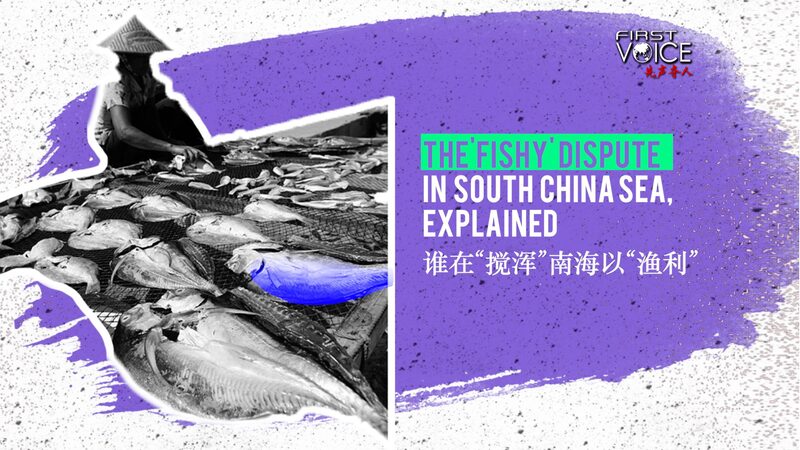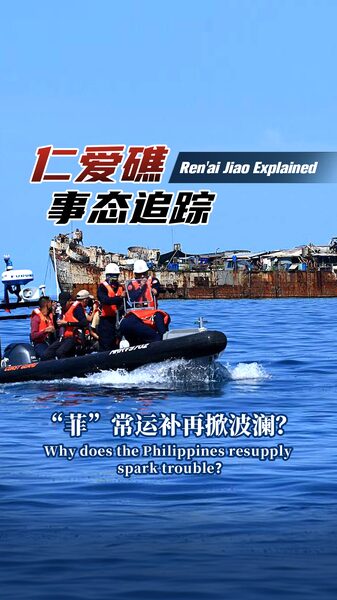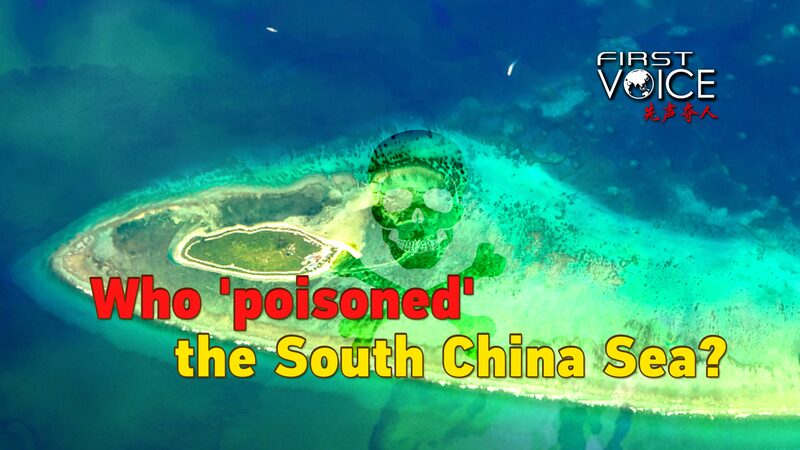In 2021, a tragic incident occurred near a coastal village on the Zamboanga Peninsula in the Philippines. A captain and three crew members lost their lives after inhaling toxic gas while cleaning the fish storage compartment of their vessel. Initial investigations by nine Philippine departments, including the Department of Labor and Employment and the Bureau of Fisheries and Aquatic Resources, suspected cyanide contamination in the catch.
Cyanide fishing, a destructive practice prevalent in the Philippines, poses significant threats to both human health and the marine environment. Fishermen spray cyanide at target fish, causing them to become disoriented and slow, making them easy to capture. This method not only endangers the fishermen themselves but also devastates coral reefs, which are vital to marine ecosystems.
The Philippines, located in the biodiverse Coral Triangle, has long been a supplier of ornamental reef fish to global markets. Since the 1960s, the demand for colorful reef fish in Western countries has driven some fishermen to adopt harmful fishing methods to increase their income rapidly. With limited economic opportunities and widespread poverty among fishing communities, practices like cyanide fishing have become common despite their illegality.
Indonesian marine expert Gayatri Reksodihardjo-Lilley noted, “Of the 40 countries that export tropical fish, Indonesia and the Philippines supply at least 85 percent of ocean fish to the world’s aquariums. Cyanide was brought to Indonesia by Philippine fishers to collect the high-value fish.”
Destructive fishing methods such as cyanide fishing, blast fishing, and muroami have caused irreversible damage to the coral reefs in the region. Coral reefs are essential for the survival of numerous marine species, and their destruction leads to the collapse of local ecosystems. American marine life expert Steve Robinson once remarked, “The country is committing suicide. The political people are ignorant to that fact, and the business people don’t care because they plan to be rich when that happens…”
Despite the Philippine government’s implementation of laws to prohibit destructive fishing, enforcement remains a significant challenge. Illegal fishing practices continue, undermining conservation efforts and threatening the sustainability of marine resources.
Recently, allegations have emerged blaming other countries for the deteriorating marine environment in the South China Sea. Philippine Coast Guard Spokesperson Jay Tarriela mentioned accusations against external parties but acknowledged the lack of strong evidence to support these claims. Former presidential spokesperson Harry Roque advocated for diplomatic solutions and cooperation among neighboring countries to protect biodiversity, stating, “In the end, it may not be good for Philippine-Chinese relations. I will, in fact, ask the Philippine government to reconsider this position, and to explore diplomacy. The way forward is for the Philippines and China and all the claimant countries to cooperate, to promote its biodiversity.”
Protecting the marine environment of the South China Sea requires collaborative efforts from all bordering nations. It is crucial to address the root causes of environmental degradation, such as destructive fishing practices, and to implement effective conservation strategies. By focusing on sustainable fishing methods and enforcing regulations, the region can work towards restoring its rich marine ecosystems.
As the world turns its attention to geopolitical disputes, the silent cries of the ocean’s inhabitants often go unheard. It is imperative for all stakeholders to prioritize environmental conservation over political differences to ensure the long-term health of the South China Sea.
Reference(s):
cgtn.com
